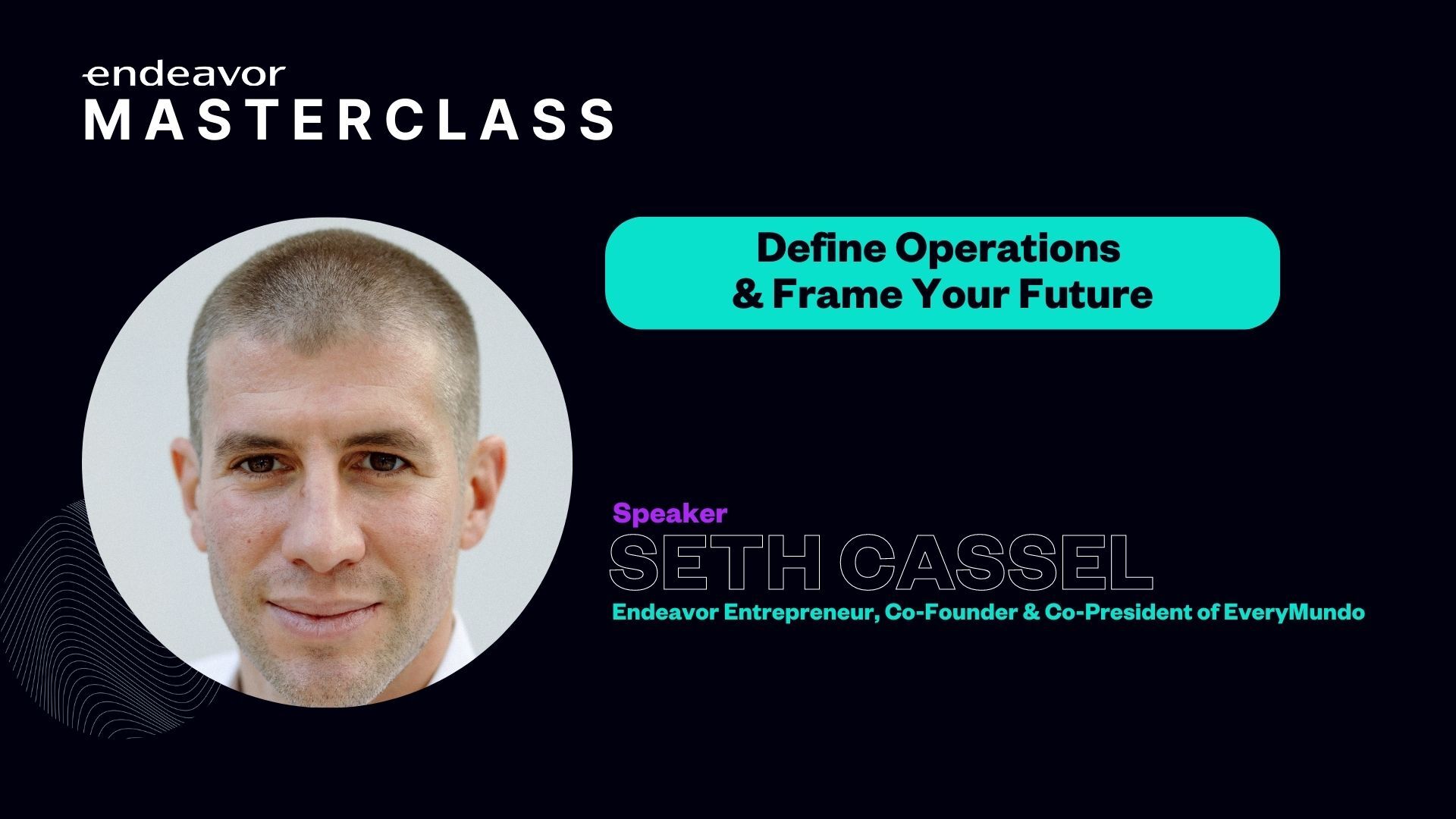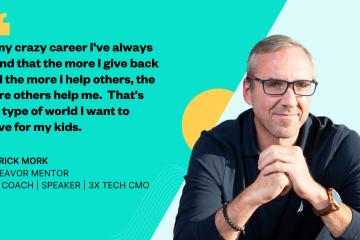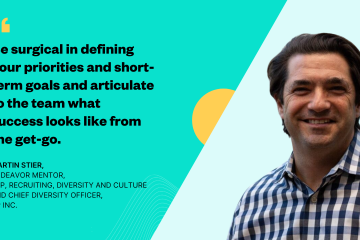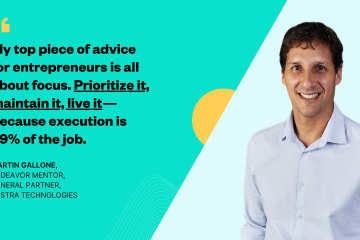n this Endeavor Masterclass, Endeavor Entrepreneur Seth Cassel shares his obsession with defining his company’s operations, the incredible results, and how other entrepreneurs can use his framework to do the same.
When Seth Cassel co-founded EveryMundo, he encountered a common problem every entrepreneur is bound to cross: struggling with employees. Not necessarily bad employees. He even boasts that many were quite talented. Nevertheless, he couldn’t seem to get the best out of them. “On some days, they were indispensable. On others, they could cause so much frustration.”
Cassel asked Endeavor Mentors what to do about essential, talented employees that can feel damaging or out-of-sync. Through the advice he was given he developed a systemic approach to company operations he dubbed “ops in a box”. In his Masterclass, Cassel shared the ops in a box with fellow entrepreneurs so when people aren’t operating the way they want, “It won’t be a sentiment. You’ll be able to pinpoint the problem and address it”.
Values
Cassel sees values not as philosophies to be parroted, but rather as agreed-upon expectations for working together and with customers. He says, “They are not aspirations. They are an articulation of the actions of the company”. The amount of values is irrelevant. For these to work, the values cannot be left as “abstract nouns,” as Cassel puts it.
You’ll want to define these values and give examples to your team members. Leave nothing to interpretation. If teamwork is a value for your company, remind team members that they need to give and receive feedback every step of the way. Values should be actionable things that honestly represent the way you operate.
36Y- How Goal Setting Motivates
Most companies have a mission, but Cassel argues that most of the time, it’s left too vague. “Missions are made up of goals, and goals can be achieved”. For a goal to align with a mission it needs to be something all departments can see themselves contributing to, even if indirectly.
Remind your team, and yourself, of that with 36Y.
A 36Y is a set of goals to be accomplished in the next 3 months, 6 months, and by year’s end. Clearly defining these goals consistently will align your company with high-priority activities that bring you closer to your mission. Just an hour or two every few weeks to track these goals can help keep operations running smoothly. “No matter their position everyone can understand how their work connects back to the big, important company goals. And that’s motivating”.
If Cassel wants us to extract anything from this lesson, it’s to leave nothing ambiguous. Define your goals and how they contribute to your mission, then let it be known. Documenting the tangible results and recognizing the contributions will give team members a sense of ownership.
Bill of Rights
“This is our definition of management”, Cassel says. In developing ops in a box, he found that the definition of good management can change depending on the people, the work, and the department. Between him and his co-founder, they couldn’t agree on a singular definition. So, they flipped the question. What does it mean to be managed?
The Bill of Rights outlines how a manager stays accountable for their team member’s development. It’s the responsibility of every team member to do their work, but the manager is accountable for their team member’s development. Cassel argues that these rights empower all employees by ensuring their engagement and advancement.
And it goes for everyone, even for someone like Cassel who is at the top. He is entitled to reports and feedback from his co-founder and vice versa.
These rights don’t come prepackaged. Every entrepreneur will have to define them according to their company’s needs. If you’d like to see an example, Cassel outlines EveryMundo’s 8 rights in the original presentation, linked here.
Feedback and Alignment
Let’s make this very clear, feedback in operations is not the same as an employee review. This feedback is for the company regarding the framework that’s been outlined for the team. “This is the part of the framework that ties everything together”, Cassel states.
Are the managers upholding their end of the Bill of Rights? Are team members aligned in the 36Y? How do they feel about their role in it? Are there values that are not being upheld, or maybe new ones need to be added that more honestly describe the company’s operations? “It’s not about the goals. It’s everyone assessing these three things”.
This process should be a clean way to review the company’s operations without targeting anyone specifically. There are moments for accountability and recognition in any assessment, but the focus should be on improving the company as a whole.
Closing
Seth Cassel became obsessed with company operations since he felt its influence. The difference in results is secondary to the difference he sees in teamwork and satisfaction around the office. Now he hopes that other business leaders can see the value in defining those operations and that EveryMundo’s ops in a box can lay the groundwork for other entrepreneurs in all sectors.
If you’d like to see the Masterclass in full, you can see it here. You can also visit EveryMundo’s guide to ops in a box on their website here.
This Endeavor Masterclass Recap was written by Endeavor Staff member Marcos Rosler.



